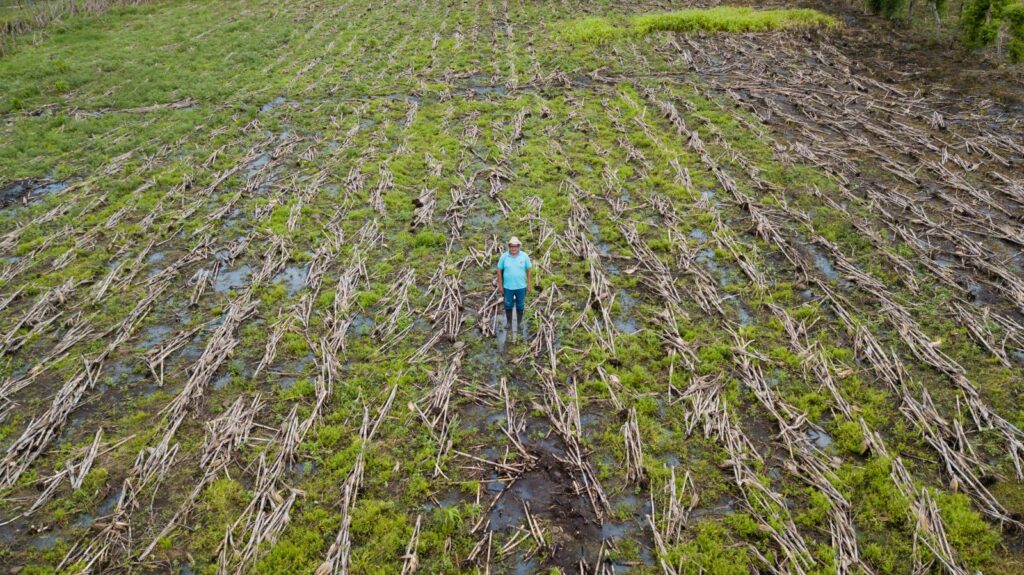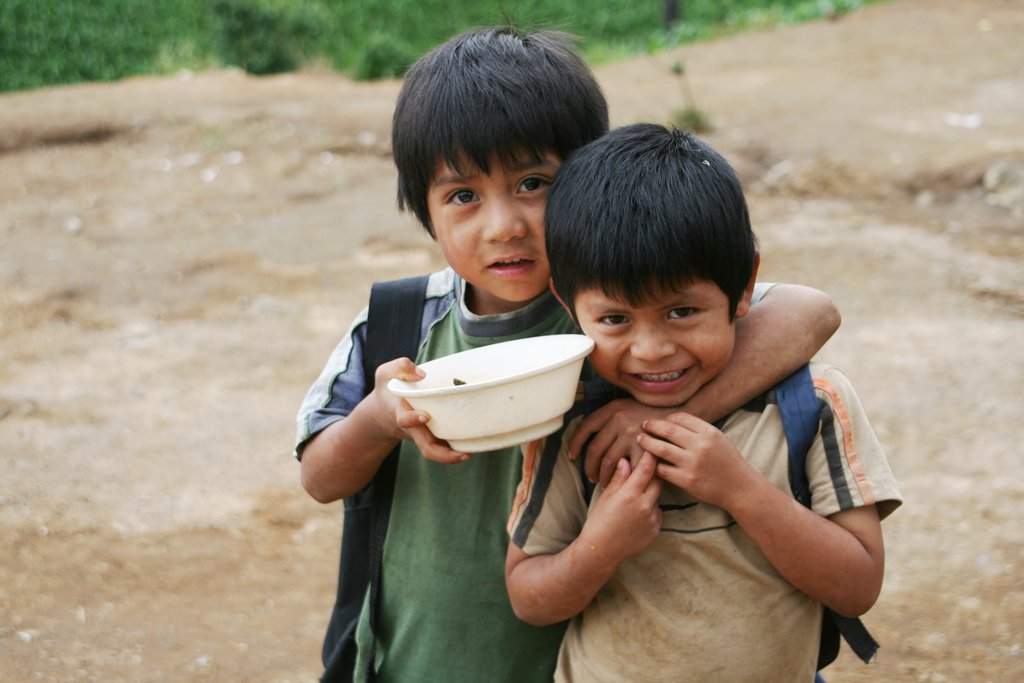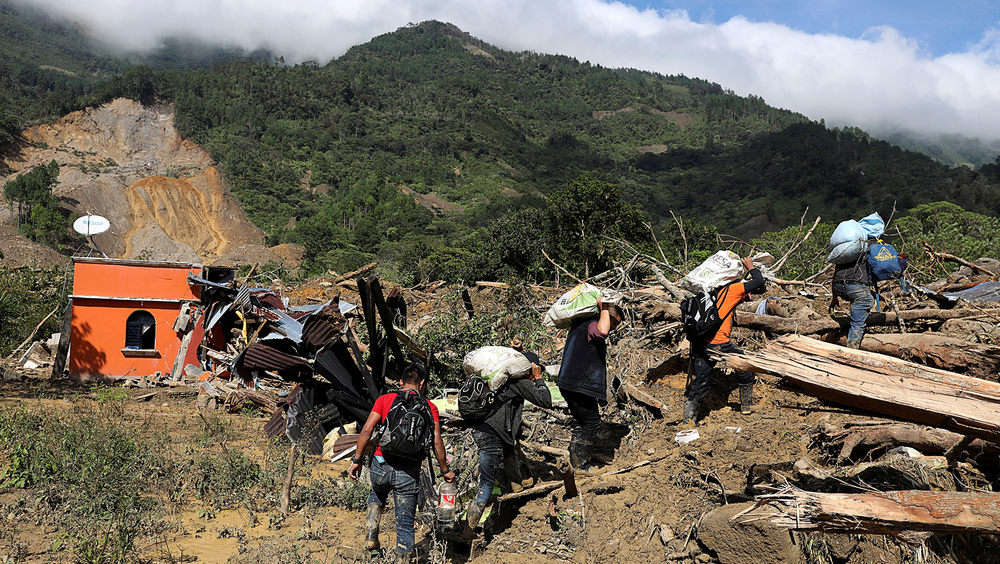The severity of acute food insecurity in Honduras has reached unprecedented levels and the Integrated Food Security (IPC) analysis projects that the situation will worsen in the coming months leaving more than one-third of the population facing severe hunger. Urgent funding and assistance are needed to help combat this devastating hunger epidemic.
More than 30% of Hondurans face severe hunger
“By the end of this year, we are looking at a staggering one-third of the population of Honduras suffering from extreme and chronic hunger. This is something never seen before, and certainly not in the 25 years I have lived in Honduras. A brutal combination of COVID-19 lockdowns throughout 2020 and subsequent loss of livelihoods, thousands of lost jobs, severe tropical storms at the end of last year, and recurrent droughts in the last 5 years linked to climate change, have all led us here to this situation.” – noticed Maite Matheu, Country Director of CARE Honduras.
Through March 2021, at least 2.9 million people will face high levels of acute food insecurity (IPC Phase 3 or above). Of these, 614,000 are in Emergency (IPC Phase 4) – just below official famine classification levels. Between April and June 2021, the population in IPC Phase 3 or above is expected to increase to around 3.1 million, and between July and September it will rise to 3.3 million, 35% of the 9.3 million people population.

According to Fredesvindo Rápalo who lives in El Guiral Villanueva Cortes region, “the 105 families that inhabit this community lost 50% of their production, due to hurricanes Eta and Iota, the rivers overflowed causing landslides. The little that is harvested will be for their own consumption, people no longer have economic resources to reinvest because their only income was their crops.”.

Hunger rising in Central America amid climate, virus shocks: UN
The United Nations warned Tuesday that hunger levels are soaring across much of Central America as countries battle economic crises sparked by the Covid-19 pandemic and extreme climate events.
The UN’s World Food Programme said that levels of hunger had risen nearly four-fold in El Salvador, Guatemala, Honduras, and Nicaragua, from 2.2 million people affected in 2018 to nearly eight million now.
The UN agency said the region, where years of drought and erratic weather had already disrupted food production, had been especially hard-hit by the record 2020 Atlantic hurricane season.
“Hurricanes Eta and Iota, that struck Central America in November 2020, upended the lives of 6.8 million people who lost their homes and livelihoods,” WFP pointed out. The hurricanes destroyed more than 200,000 hectares of vital crops across the four countries and more than 10,000 hectares of coffee farmland in Honduras and Nicaragua.
“Considering the level of destruction and setbacks faced by those affected, we expect this to be a long and slow recovery,” said WFP regional chief for Latin America and the Caribbean Miguel Barreto.
Dangerous ‘Rock bottom’
Before those hurricanes hit, Covid-19 was already taking a devastating toll, as an overwhelming majority of households in Honduras, Guatemala and El Salvador reported income losses or unemployment.
WFP surveys showed that the number of households in Guatemala reporting they did not have enough to eat had almost doubled compared to pre-pandemic figures, while the numbers in Honduras rose by more than 50 percent.
“Many now have nowhere to live and are staying in temporary shelters, surviving on next to nothing.”
With so many homes and farms destroyed, food stocks running out and few opportunities to find work, nearly 15 percent of people surveyed by WFP in January said they were laying concrete plans to migrate.
That marks a significant jump from the eight percent who said they were doing so in a WFP post-drought assessment in 2018.
WFP appealed to international donors to step up support, saying it needed more than $47 million to help 2.6 million people across the four countries over the next six months alone.



Leave a Reply